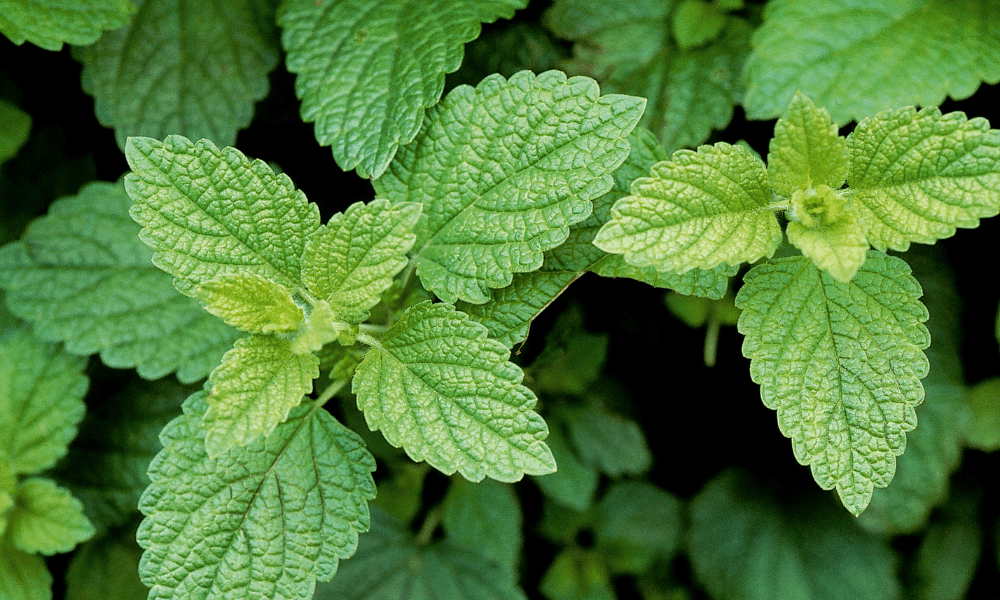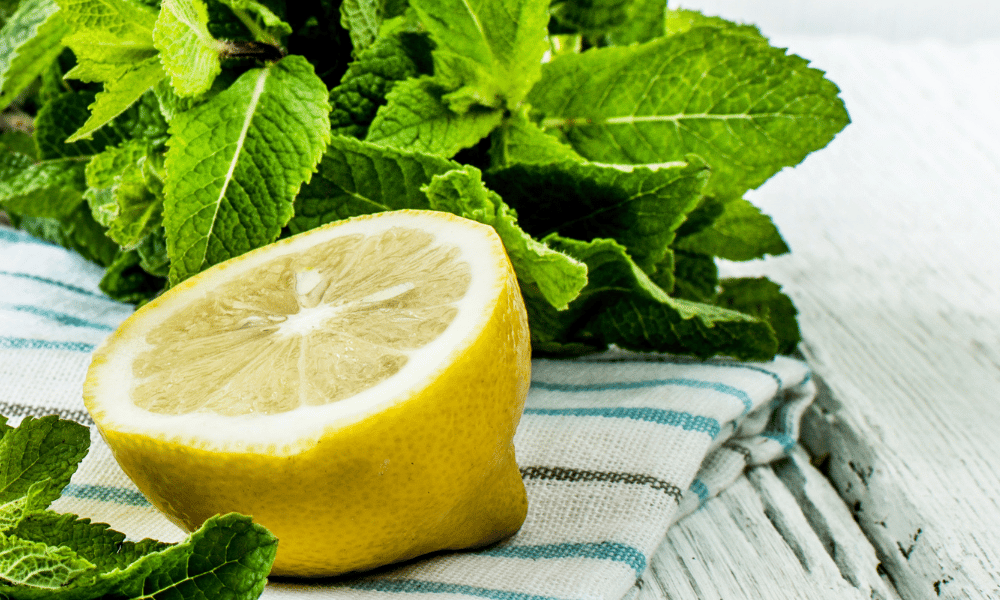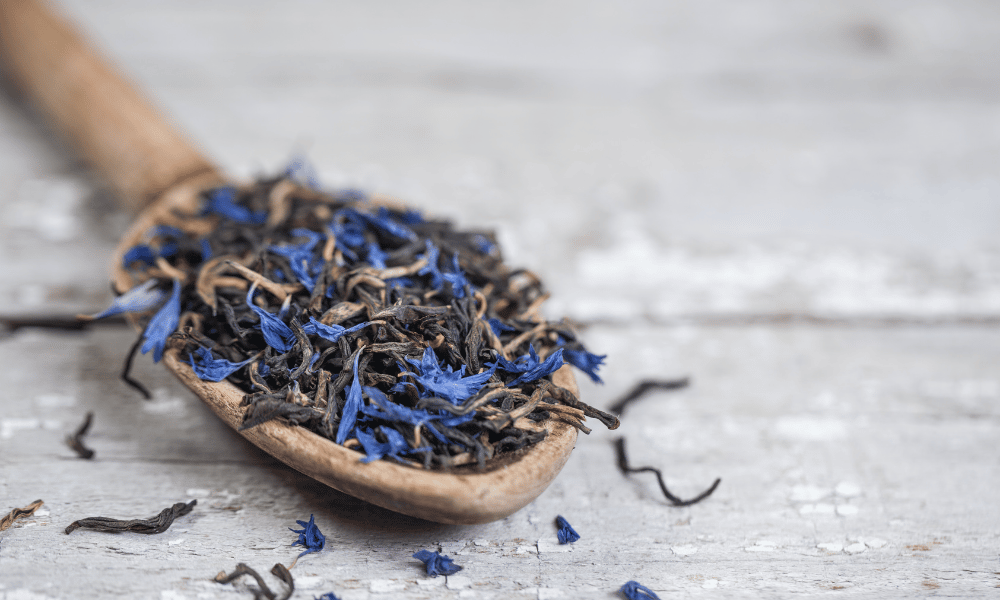Some people may be more familiar with the bergamot fruit or oil, but the bergamot herb is just as valuable in the cooking world as other varieties of bergamot.
Unlike more popular herbs, you are less likely to use bergamot unless a recipe calls for it specifically or you already have some growing in your garden. However, it makes an excellent tea and can add a fresh change to any basic dish, such as a pizza or salad.
The downside to the bergamot herb is that it is even harder to find in supermarkets than other bergamot foods. This is saying a lot considering that the fruit is already a rare find.
Bergamot is an easy enough herb to grow at home, but there are a few other herbs you can use instead.
Our 3 Substitutes for Bergamot
There is a distinct citrusy taste to bergamot that is reminiscent of mint. Bergamot has a slight sweetness to it, making it perfect for drinks and meals.
This is not particularly unique for a herb, but it is also the heated undertones of bergamot that make it such a complex herb.
Here are our top 3 substitutes for bergamot:
1) Lemon Balm
As the name suggests, lemon balm is the perfect herb to replicate that blast of citrus in your dish in the same way as bergamot.
In this case, the citrus tastes predominantly like lemon rather than a mix of citruses, but the effect is just the same.
Lemon balm derives from the mint family, like bergamot, so it has a slight minty freshness. The balance of mint, sweetness and citrusy flavours in lemon balm are balanced in an almost identical way to bergamot.
If you are a fan of trying new teas or fruity drinks, you have probably come across lemon balm often and may even have some in your home or garden already. But if you do not, it is far easier to find the supermarket than bergamot and is much cheaper.
Is Lemon Balm Medicinal Too?
Like bergamot, lemon balm is a common herb used in natural herbal remedies. It is particularly well known for being a great anxiety reducer when used in tea, much like bergamot.

2) Mint and Lemon Zest
As bergamot originates from the mint family, mint can be a suitable substitute in most bergamot recipes. However, you will need to use the combination of mint and lemon zest to replicate the same taste as bergamot.
Mint provides the freshness of bergamot which comes from the menthol within the mint leaves. This menthol produces a cooling effect when eaten.
This is why you will need to use some lemon zest alongside the mint, to make that menthol taste more citrusy.
Ensure that the zest is combined with the mint when you use it in your dish. Otherwise, the combination will taste like two different ingredients instead of one coherent flavour.
Could You Use Lemon Juice for a Bergamot Substitute?
If you only have bottled lemon juice to hand, you can combine that with mint instead. However, only use 1/2 as much lemon juice as you would lemon zest to prevent a bitter flavour from developing.

3) Earl Grey
If you were to buy premium earl grey tea bags, you would most probably find bergamot one of the main ingredients in the tea itself.
As such, you can use earl grey leaves similar to bergamot leaves in your drinks or meal.
Earl grey is one of the most common types of tea in the world. It is not the same as English breakfast tea as some may think (which tends to be the base blend most often used by UK tea manufacturing companies).
Instead, it is regarded as a more luxurious version of English breakfast tea because of the complex flavour provided by the sweet freshness of the bergamot herb.
Will Earl Grey Essence Work Too?
You can use earl grey essence if you do not want to buy tea leaves. But keep in mind that the flavour will be slightly removed from bergamot. It will not be as citrusy nor as sweet.

Other Substitutes for Bergamot
Unless you are an avid gardener or like to try new herbs, you probably do not have the above substitutes to hand already. To save having to nip to the shop the next time you need to replace bergamot, try one of these more common substitutes you probably already have at home:
- Lemon Zest – Seeing as the main flavour point of bergamot is the citrus taste, lemon zest will perfectly replicate that refreshing tang without being too bitter, like if you were to use lemon juice. Though it will lack the flavour of mint and the same sweetness.
- Orange Zest – The most removed citrus flavour from bergamot is lime zest, but it will work similarly to the above two options if you only have limes at home. Just remember that limes tend to be more bitter than oranges or lemons, so do not use too much zest.
- Lime Zest – The most removed citrus flavour from bergamot is lime zest, but it will work similarly to the above two options if you only have limes at home. Just remember that limes tend to be more bitter than oranges or lemons, so do not use too much zest.
Summary
Bergamot may not be unique in the contents of its flavour palate, but it does balance those flavours in a precise way. Other citrusy herbs like lemon balm and mint will still provide the same flavour as bergamot, just with a slightly different balance.
